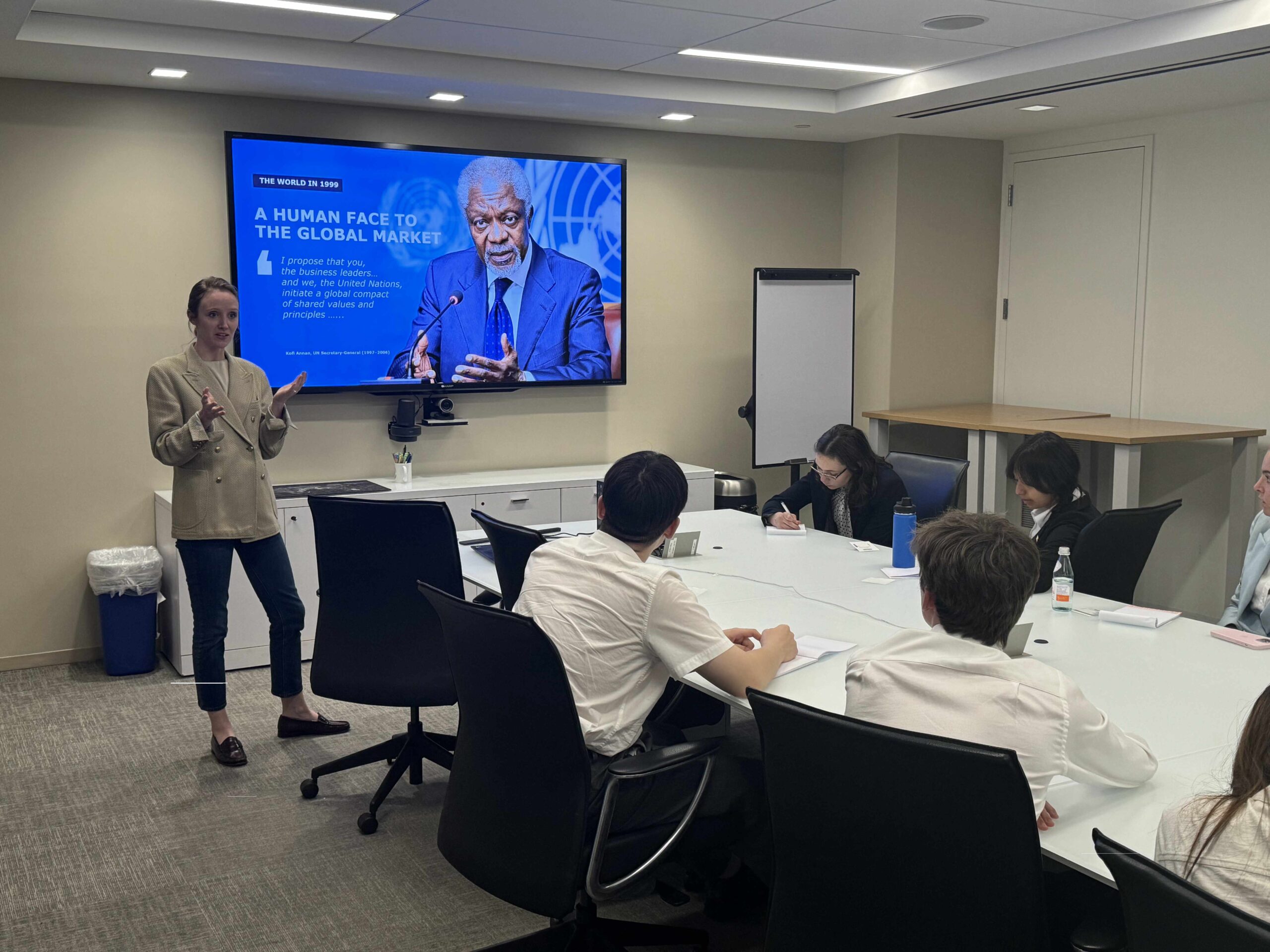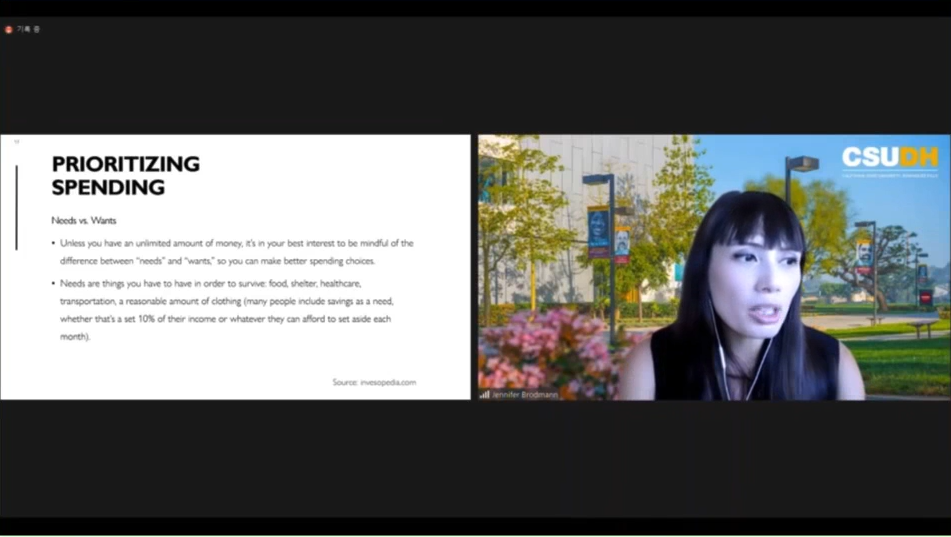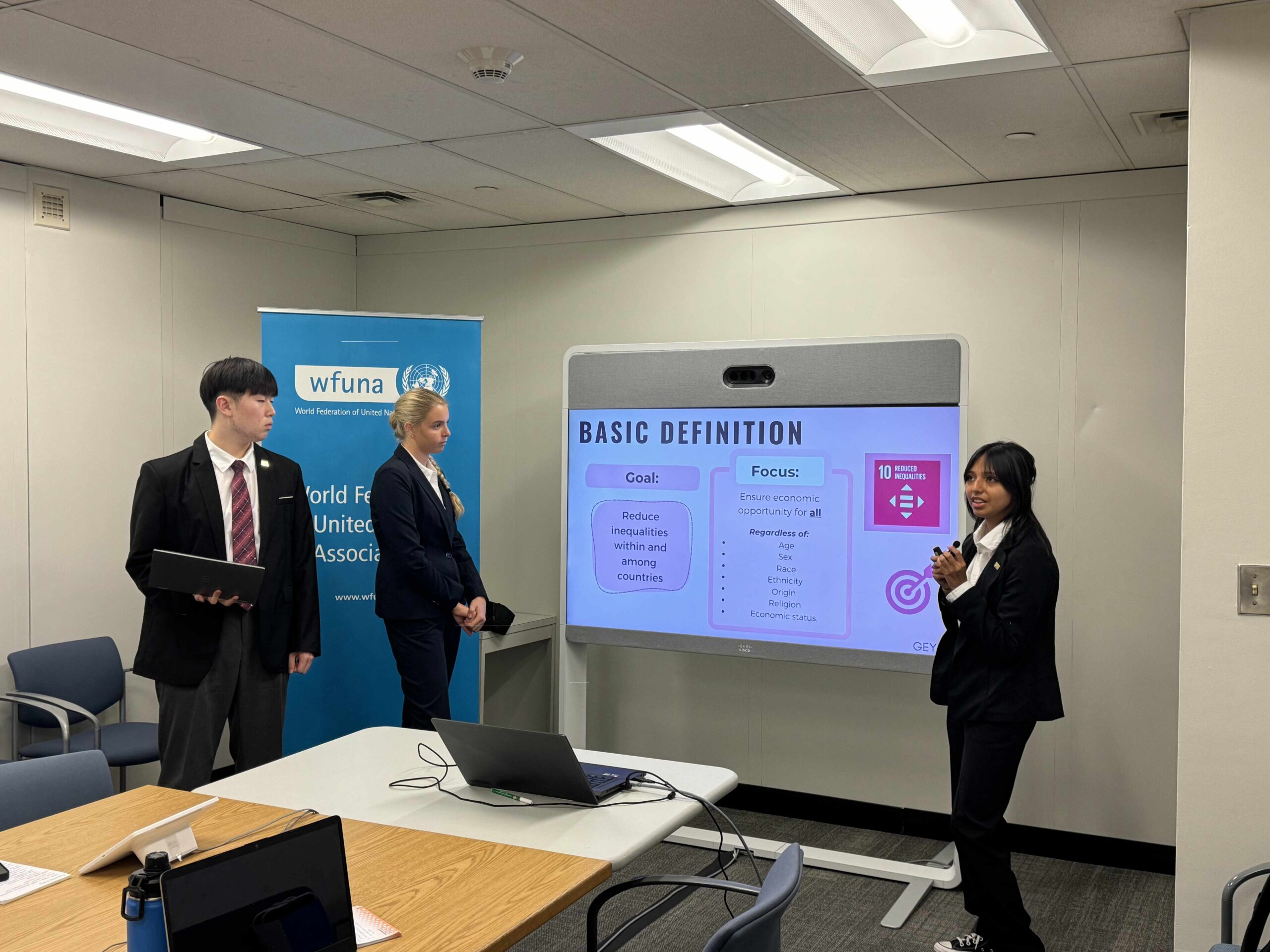In today’s fast-paced world, empowering youth is not just a trend—it’s a necessity. The challenges we face as a global society, from climate change to technological disruptions, require fresh perspectives, innovative ideas, and the passionate drive that young leaders can offer. Youth empowerment is about equipping the next generation with the tools, skills, and opportunities they need to take charge of their futures and make a meaningful impact on the world. In this blog, we explore the key components of youth empowerment and how we can all contribute to building the leaders of tomorrow.
1. Education: The Foundation of Leadership

Education is the cornerstone of youth empowerment. It doesn’t just refer to formal schooling, but encompasses the development of critical thinking, creativity, and problem-solving abilities. By providing young people with access to quality education, we give them the power to break cycles of poverty, challenge outdated norms, and contribute to their communities.
Programs that encourage learning beyond textbooks, such as project-based learning, internships, and international exchanges, allow youth to develop a global perspective and adapt to real-world challenges. Educational institutions must foster environments where students feel heard and encouraged to express their ideas, helping them grow into confident leaders.
2. Mentorship: Guiding Future Leaders

Mentorship plays a pivotal role in shaping the leaders of tomorrow. Young people need guidance from experienced individuals who can provide advice, share lessons learned from their own journeys, and offer support when facing obstacles. Mentors act as role models, showing youth that their goals are attainable and helping them navigate the often overwhelming path to success.
Programs like United Nations Online (UNO) offer students the unique opportunity to be mentored by top diplomats and international relations experts. Through this platform, young people can discuss pressing global issues such as peacekeeping, sustainable development, and diplomacy, all while receiving guidance from seasoned professionals. Mentorship programs like these not only broaden their global perspective but also help them build networks with influential figures in the international community.
Mentorship programs, whether in schools, community organizations, or professional settings, create a bridge between generations. They inspire the next wave of leaders by instilling confidence, providing career insights, and helping youth set realistic, actionable goals for the future.
3. Skill Development: Equipping Youth for the Future

In an ever-changing job market, it’s crucial that young people are equipped with the skills necessary for the future. This goes beyond technical abilities—it includes emotional intelligence, teamwork, communication, and adaptability. Soft skills are becoming increasingly valuable in the workplace, and youth empowerment initiatives that focus on holistic development can better prepare young people for the challenges they’ll face in their careers.
Entrepreneurship programs are a great example of empowering youth with skills. By teaching them how to create business plans, manage resources, and take calculated risks, young individuals learn to think critically and take initiative—qualities that are essential for leadership.
4. Youth Participation: Giving a Voice to the Future

A key part of youth empowerment is giving young people a platform to voice their opinions and take part in decision-making processes. Whether in schools, local governments, or global forums, youth participation ensures that their unique perspectives are considered when shaping policies and initiatives that affect their futures.
Organizations like the United Nations have recognized the importance of youth engagement through initiatives like the UN Youth Strategy, which promotes youth participation in global development efforts, including the Sustainable Development Goals (SDGs). These platforms give young people the opportunity to influence decisions that directly affect them, from climate action to social justice.
5. Community Engagement: Shaping Future Leaders Locally

Leadership starts at home, and community engagement is one of the most effective ways to empower youth. By participating in community service, volunteering, and local initiatives, young people develop a sense of responsibility and learn how their actions can bring about positive change. This involvement fosters a deep understanding of societal challenges and gives youth the opportunity to practice leadership in real-world contexts.
Community organizations and schools that offer volunteer opportunities or local advocacy projects give youth the chance to see the impact they can make. It helps instill values of empathy, collaboration, and commitment to the greater good—qualities that are indispensable for future leaders.
6. Global Citizenship: Preparing Youth for a Connected World

Today’s youth are not just local citizens—they are global citizens. The interconnectedness of our world means that future leaders will need to think beyond borders and consider the global implications of their actions. Youth empowerment must, therefore, include education on global issues like human rights, sustainability, and international relations.
Programs like Model United Nations (MUN) and international youth conferences allow young people to develop diplomacy and negotiation skills, helping them understand complex global dynamics. Encouraging youth to engage with these issues at an early age equips them to be leaders who can collaborate across cultures and contribute to global peace and prosperity.
7. Confidence and Self-Belief: The Core of Empowerment

At the heart of empowerment is self-belief. Youth must be taught to believe in their abilities, trust their instincts, and not shy away from taking risks. When young people are empowered to think independently, take responsibility for their actions, and pursue their passions with confidence, they become unstoppable forces of positive change.
Parents, teachers, and mentors can nurture this confidence by providing a supportive environment where young people feel safe to make mistakes, ask questions, and experiment with new ideas. Positive reinforcement, encouragement, and constructive feedback are vital in helping youth develop the self-esteem they need to succeed.
In Conclusion
Empowering youth is not a one-time effort—it’s an ongoing process that requires collaboration between governments, educators, communities, and young people themselves. By investing in education, mentorship, skill development, and opportunities for participation, we can equip today’s youth to become the innovative, compassionate, and resilient leaders of tomorrow.
The future belongs to the youth, and it’s our collective responsibility to make sure they are ready to lead.
If you are a student passionate about global issues, leadership, and diplomacy, sign up for the United Nations Online (UNO) today. Gain mentorship from top diplomats, engage in meaningful discussions on international challenges, and take your first step towards becoming a global leader.




